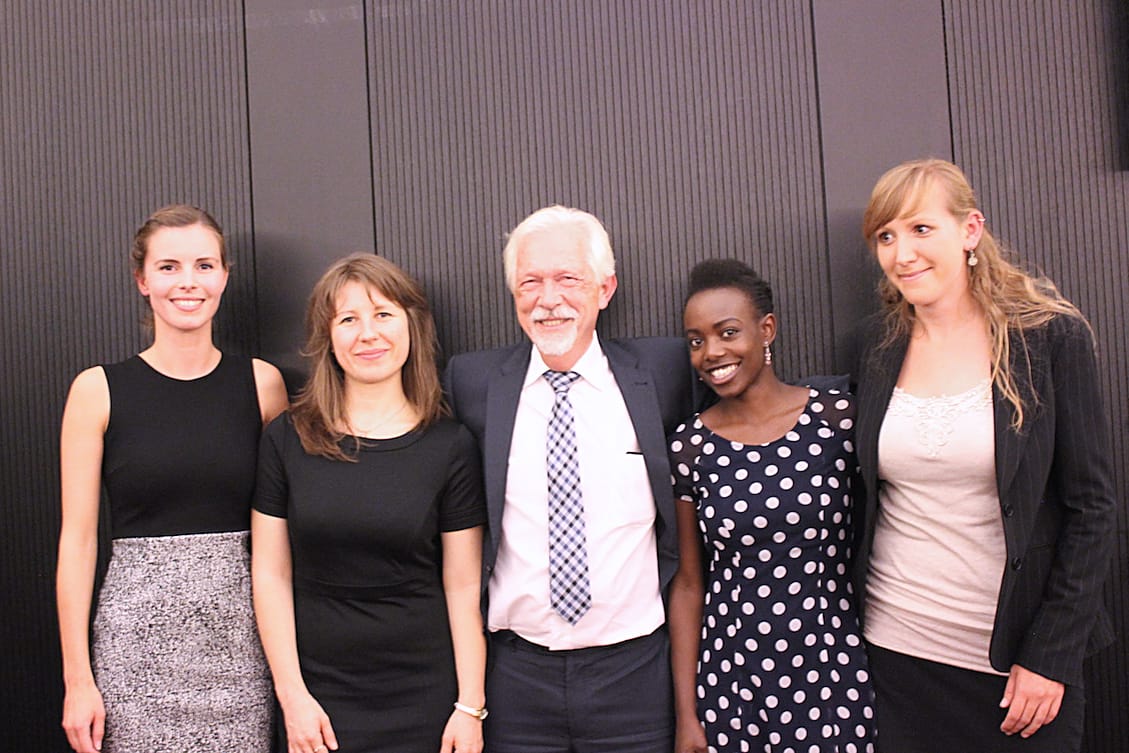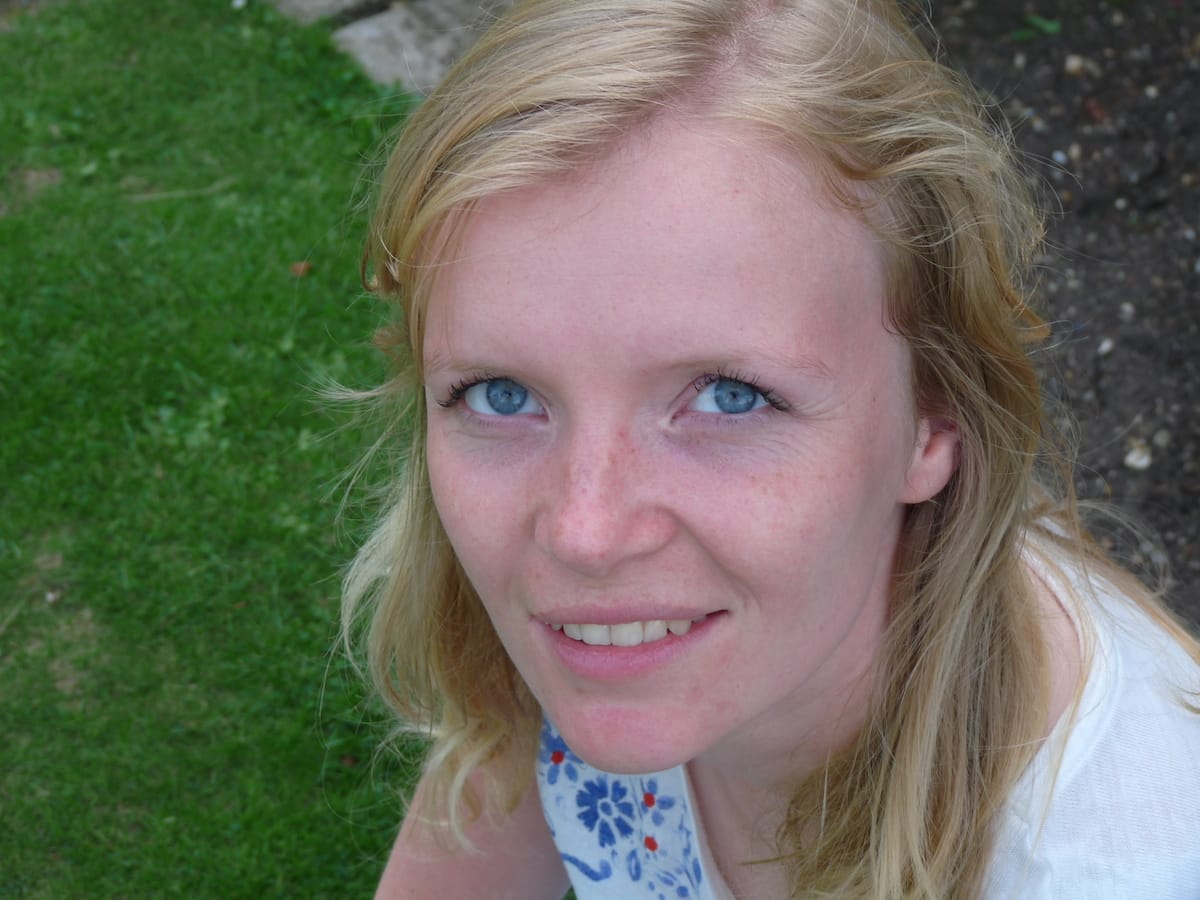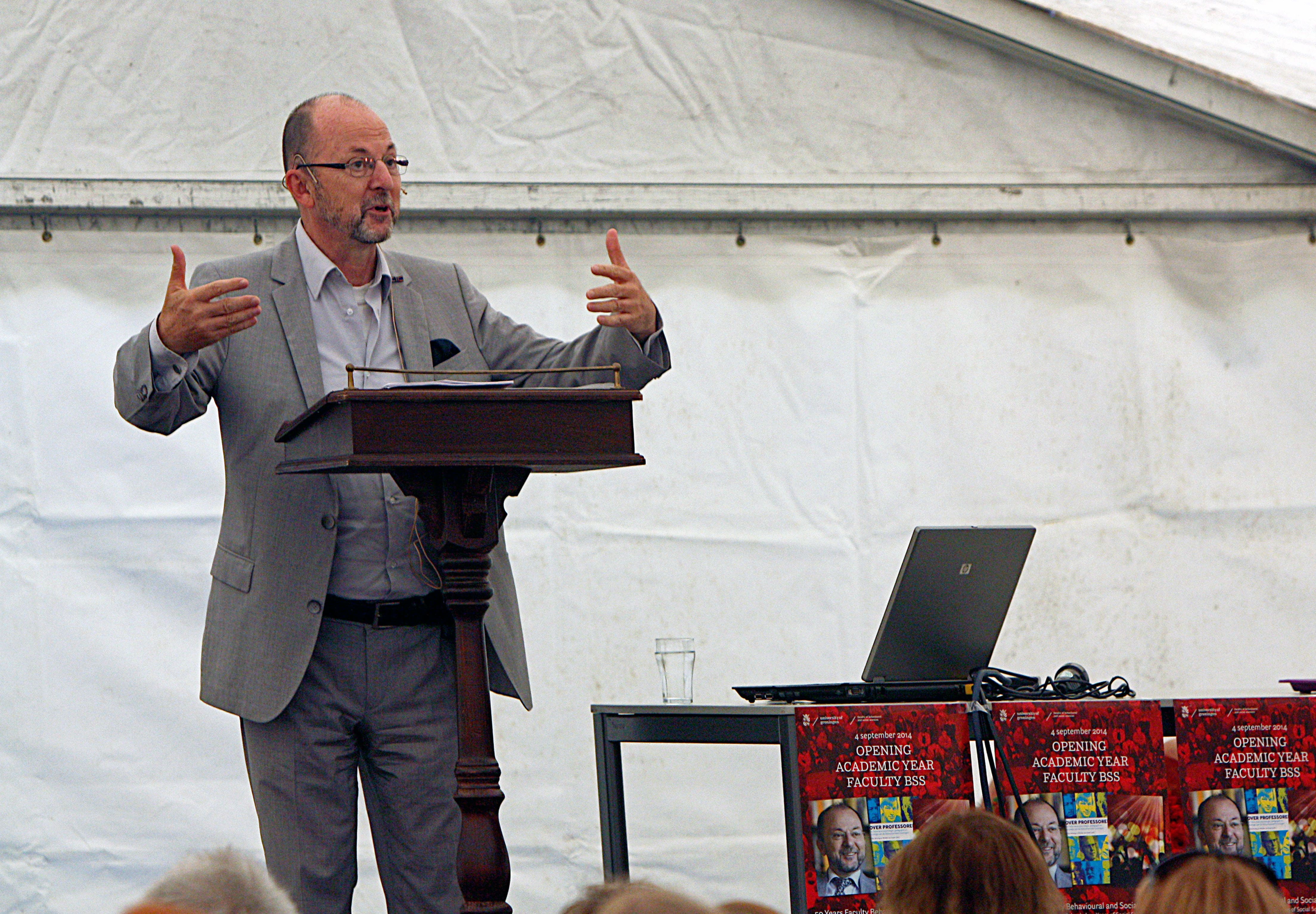Should you expect an academic lecture or a movie when you take a seat in a theater of a local cinema in Groningen? Psychology students will have to stay alert; you never know what will happen.
Every quarter, we share articles published in the BCN Neswletter and we are happy today to share a story written by Elouise Koops on the Avril McDonald Memorial Fund that is organised by Rosalind Frankling fellows from the RUG. This year, four PhD students and brilliant starting scientists received this award.
The latest BCN Neswletter was out last week and we are thrilled to share with you an interview with one of our very own. Linda Geerligs did her PhD in the Psychology Department with Prof. Monicque Lorist and now works at the University of Cambridge, in England, on ageing. Robin Mills talked to her about her research, past and present; the challenges of being a researcher; and her goals as an academic.
With the opening of the academic year 2014-2015, the Faculty of the Behavioral and Social Sciences (BSS) celebrated its fiftieth anniversary. The presentations were a tour de force through the past, present, and future of our academic life.
The classical way of conducting experiments in empirical psychology is useful for understanding psychological constructs. However, using measurement-intensive longitudinal data is essential when you wish to truly understand psychological processes. For analyzing such data, new type of methods are required. Casper Albers explains the merits of these methods.
Though disgust is a universal emotion, little is known about how it emerges. It is assumed that disgust primarily helps us avoid contaminants and diseases. However, disgust responses are not always adaptive. For example, people with a phobia may experience extremely high levels of disgust.
Thinking about how things could have turned out differently can be useful for people. When you think about how something could have gone better, you may learn from it. On the other hand, when you think about how it could have gone worse, you may feel better about yourself.
Negative attentional biases have been linked to depression. The “find the smiling face task” has been shown to reduce these dysfunctional attentional biases. To further validate the task, Thole Hoppen and two fellow students investigated whether the “find the smiling face task” changes attentional biases when people are in sad mood.
Is it possible to identify the sounds people pay attention to, based on brain signals? If so, this could have important implications for urban planning aimed at reducing the noise pollution in today’s cities.
Distressing mental images can severely disrupt a person’s daily life. A psychotherapeutic technique called Imagery Rescripting can reduce the impact of traumatic memories in individuals diagnosed with depression or post-traumatic stress disorder, and it may also work when people visualize a stressful future.










